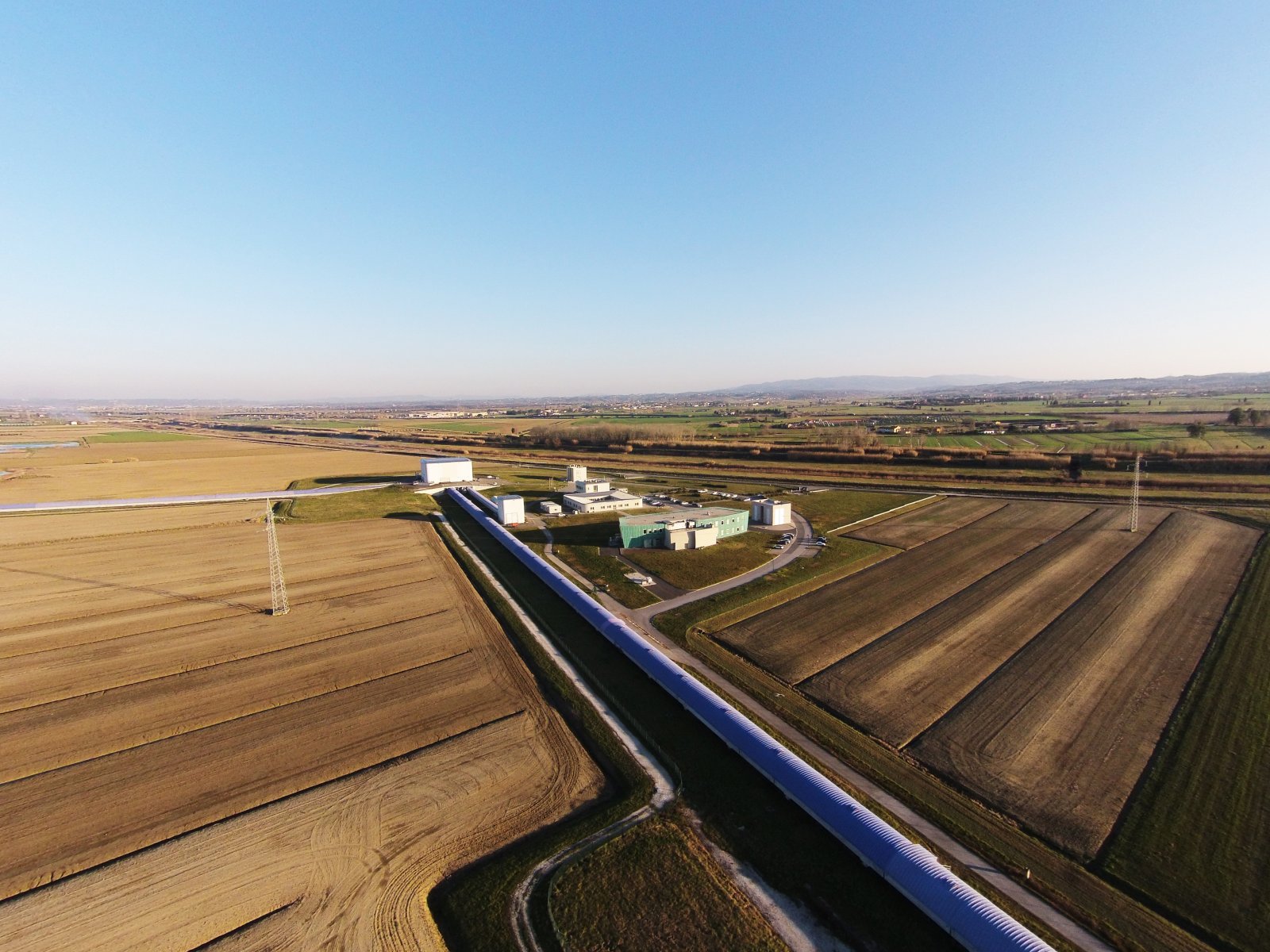This post is part of a series about quick questions and answers about the Virgo experiment and the science of gravitational waves. Do you have a quick question? Tell us and we will reply!
Why do scientists search for gravitational waves?
Detecting gravitational waves allow to open a new window on the cosmos. Gravitational waves are “messengers” complementary to the traditional astronomical observations conducted with different types of electromagnetic radiation, including visible light and radio waves, as well as cosmic rays and neutrinos. Moreover the direct detection of gravitational waves provides a further powerful test of Einstein’s general relativity.
This theory explains gravity as the curvature of spacetime, but it has been tested only in cases of weak gravitational fields, such as in the Solar System. Gravitational waves are a unique probe of gravity under extreme conditions, such as in the rapid merger of two compact objects, like neutron stars and/or black holes. The study of gravitational waves will be fundamental to understanding the nature of gravitation.

Picture taken looking Eastwards. The beginning of the two 3-km arms go out of the main building, as well as the 144 m long tube for the input mode-cleaner cavity (along the West direction). The office buildings are located nearby.
Credits: Virgo Collaboration/N. Baldocchi

